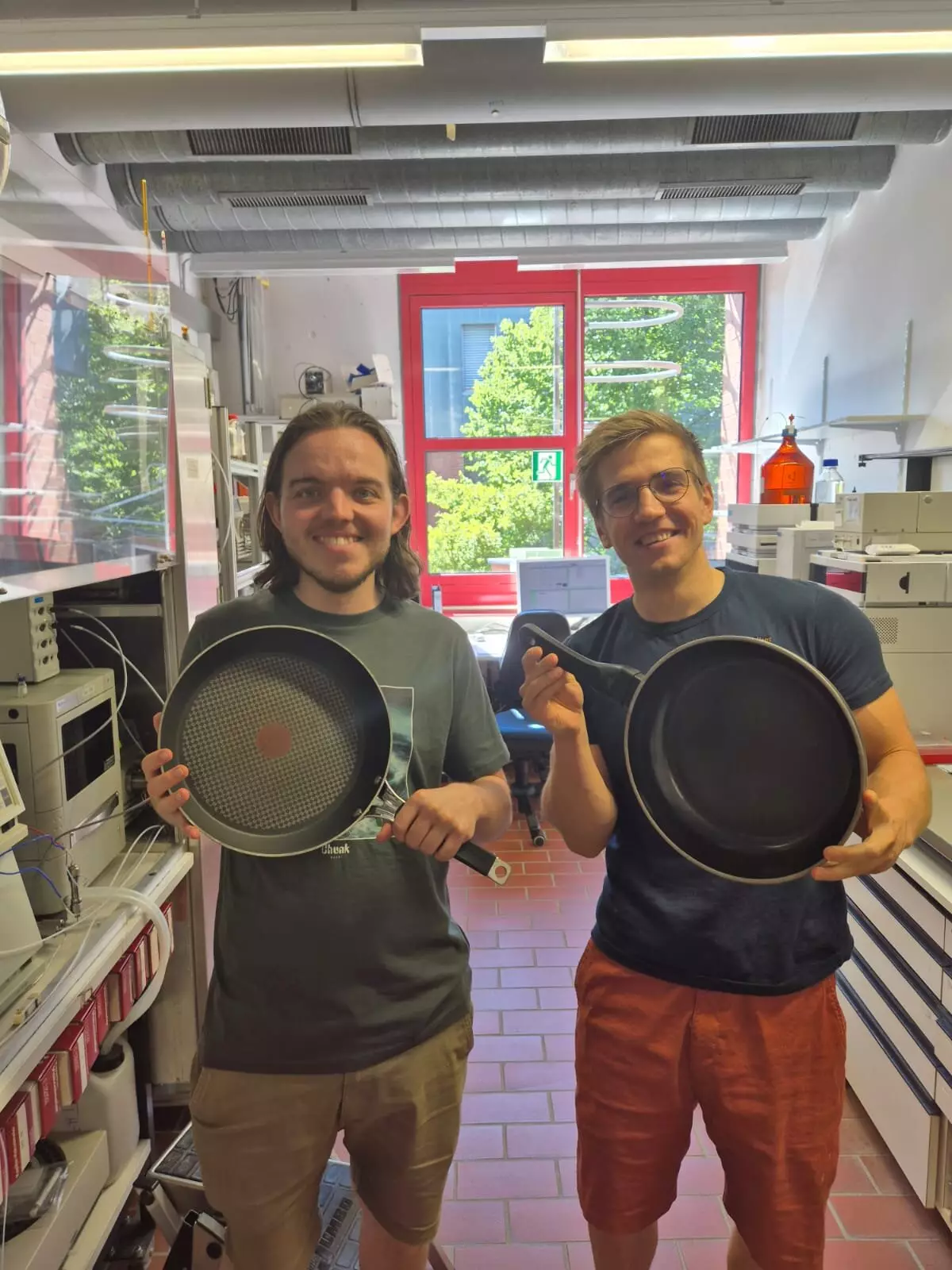The urgency for sustainable practices is louder now than it has ever been, particularly in the field of chemistry. Recent breakthroughs at the University of Bayreuth, in partnership with Berlin researchers, have unveiled a promising new class of fluorinated polymers designed to bridge the gap between utility and environmental responsibility. This innovation may very well serve as a beacon of hope in the fight against an alarming issue: the accumulation of GenX chemicals, commonly known as PFAS, in our ecosystem. These polymers degrade 20 times faster than conventional options, thus paving the way for potentially revolutionizing our approach to plastic waste management.
The Dilemma of ‘Forever Chemicals’
Fluorinated polymers are ubiquitous in daily life, celebrated for their water-repellent qualities and low friction surfaces. From non-stick frying pans to rain-resistant outerwear, these chemical wonders have almost become a necessity. However, a paradox emerges—what serves us so well poses a dire environmental risk. Dubbed “forever chemicals” for their resistance to degradation, these substances are pernicious, showing up in our ecosystems from the polar ice caps to our own bodies. Their prevalence in pets and newborns only heightens the alarm. An immediate shift in how we handle these materials is critical for the well-being of the environment and public health.
Embracing Functional Elegance
Enter the new breed of fluorinated polymers engineered in the labs of Bayreuth. These innovative materials integrate ester bonds that not only promote degradation but also enhance functionality. Unlike their predecessors, who are notorious for their stubbornness in terms of disintegration, this new polymer’s design makes degradation an inherent feature rather than an afterthought. This advancement is revolutionary; it suggests that we can maintain the desirable properties of fluorinated materials while simultaneously creating a viable pathway for responsible disposal and potential recycling.
The notable claim that fluorine can accelerate degradation is a radical departure from conventional chemical wisdom, which typically associates fluorine with prolonged longevity. As clarified by Prof. Dr. Alex J. Plajer, this inversion of expectations redefines our understanding of polymer chemistry, offering new opportunities to harness and reclaim fluorine—an increasingly finite resource.
Reshaping the Future of Chemicals
The implications of this research extend well beyond mere polymer science. It emphasizes a broader shift towards circular economics in the chemical industry. By designing products that not only serve their initial purpose but also offer a pathway for recycling, stakeholders are urged to rethink their approach to material use. It is imperative that future fluorinated polymers are built with degradation and reuse in mind, as this aligns with the global imperative to adopt more sustainable practices.
The new class of fluorinated polymers presents a compelling model for how a seemingly toxic legacy can be transformed into an instrument of sustainability. However, the challenge remains; widespread adoption of these materials in consumer markets is essential for impactful change. As these technologies advance, the onus is on consumers, industries, and governments to prioritize sustainable choices, ensuring that the products we depend on do not come at the cost of our environment.

